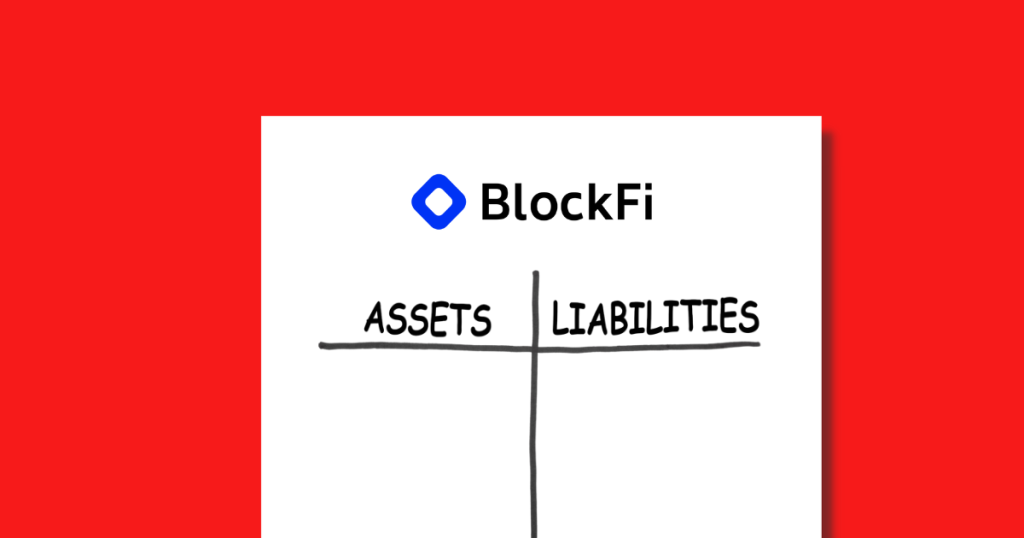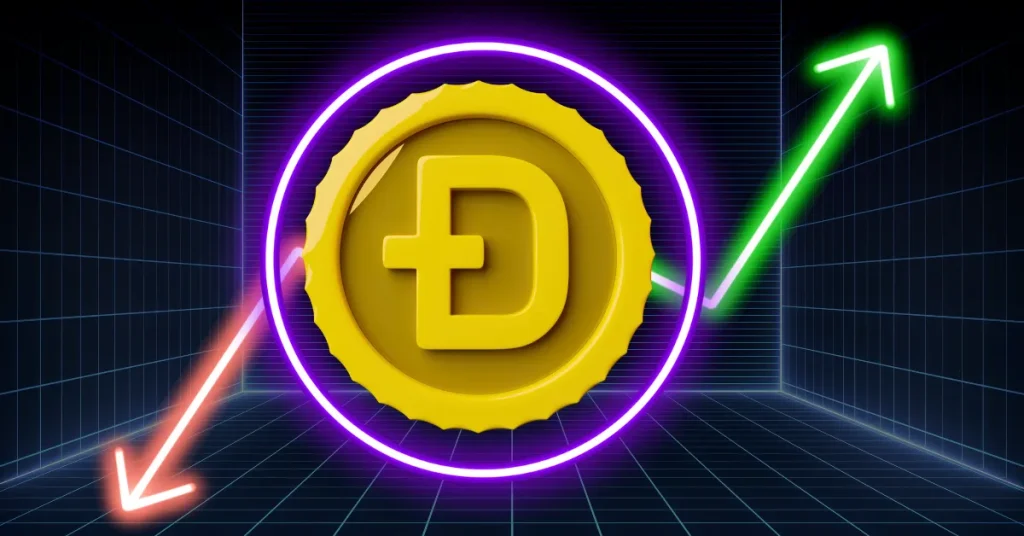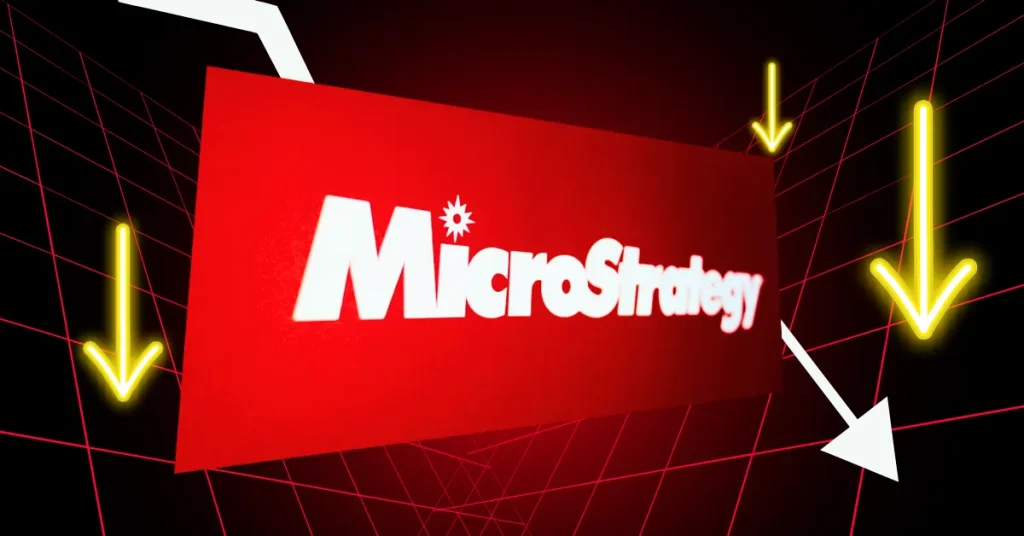
The post BlockFi Makes A Move For Financial Disclosure: What Does This Mean for Investors? appeared first on Coinpedia Fintech News
BlockFi announced on its Twitter account that it plans to disclose its assets, liabilities, and statement of financial affairs (SOFA) with the Court on January 11, 2023. It will also publish details about payments made by the company to insiders and other parties before filing for bankruptcy. The company claimed that no member of the BlockFi management team has withdrawn any digital assets from its platform since October 2022.
As the company has filed for Chapter 11 bankruptcy, it is undergoing reorganization to work in the best interest of its stakeholders and clients. The firm reiterated that there is currently no set deadline for the settlement and that it will take time as FTX is also under trial. The US Department of Justice has seized 55 million shares of Robinhood worth $450 million, of which both FTX and BlockFi have significant claims.
In accordance with federal law for Chapter 11 bankruptcy, a meeting for the debtor’s creditors will take place on January 20, 2023, at 10:00 a.m. The debtor’s representative will attend the meeting under oath and creditors may choose to attend the meeting.
Tracing BlockFi’s Journey: What Happened In 2022?
When FTX collapsed in November 2022, many other cryptocurrency companies and users were severely affected, including BlockFi. Founded in 2017, BlockFi provides a range of products and services, including cryptocurrency-based loans and high-yielding savings accounts, to customers in the United States. Within three weeks of the FTX collapse, BlockFi also filed for Chapter 11 bankruptcy in order to reorganize its business and work in the best interest of its clients, investors, lenders, and creditors.
BlockFi stated that FTX owes them $1 billion, and in turn, BlockFi owes $275 million in USDC stablecoins to FTX. Following the FTX collapse, BlockFi has formed a grievance committee comprising mostly of its clients to inform and address the current proceedings of the issue.
The company has $256.9 million in cash, which is enough to provide liquidity. It has requested the court to allow it to continue its normal operational activities to maintain the business. Meanwhile, users have been advised to refrain from making any deposits on its platform for investment products.
Apart from BlockFi, Celsius Network and Voyager Digital also filed for Chapter 11 bankruptcy following FTX’s collapse.
The Crux of the matter: Is your cryptocurrency safe?
If you have bought cryptocurrency from BlockFi and stored it in your own non-custodial wallet, you may not need to worry about the bankruptcy of BlockFi as your crypto is safe with you. However, if you have kept it in BlockFi’s wallets, then you should be concerned as there is a high chance that you may not receive it back.
During a Chapter 11 bankruptcy situation, BlockFi’s priority is to provide compensation to its creditors and investors. Therefore, there is a high chance that they may liquidate assets from their wallets, putting your cryptocurrency ownership at risk.
The bad news is that your capital gains from digital assets are still taxable even if you cannot access your digital assets. The IRS treats cryptocurrency as property, and as long as you hold it, even if you can’t access it, you need to pay taxes on capital gains from it.

 2 years ago
137
2 years ago
137














 English (US) ·
English (US) ·